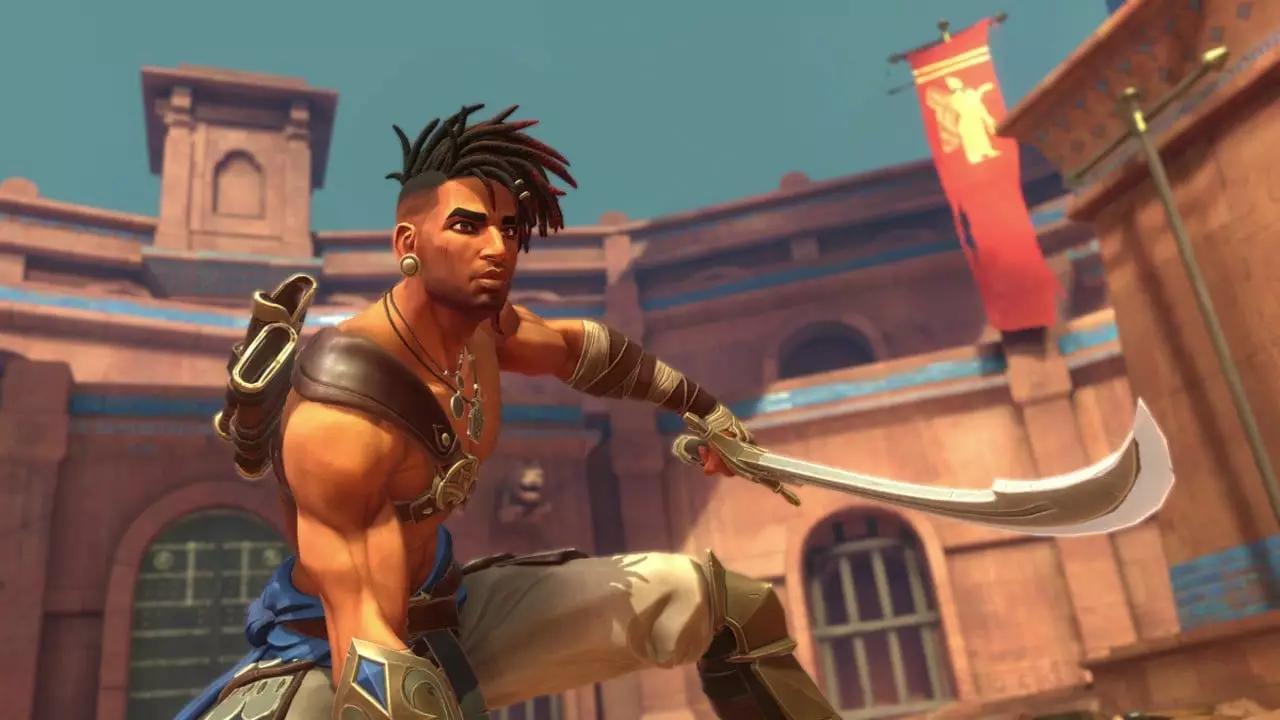Ubisoft, a titan in the video game industry, appears to be navigating a tumultuous period marked by financial uncertainty and organizational challenges. Reports from Bloomberg indicate that key stakeholders, including Tencent and the Guillemot family, are exploring possibilities to take the company private. This strategic maneuvering arises from the staggering decline in Ubisoft’s market value, which has plummeted nearly 50% this year due to a series of missteps. The prolonged discussions for potential privatization highlight the seriousness of their intent to revitalize Ubisoft amid these challenges.
Market Reaction and Potential Buyout
The mere speculation of a buyout has sparked investor interest, evidenced by a remarkable 33% uptick in shares following the news. This reflects a pronounced investor sentiment eager for stability and growth within the company’s operations. However, it’s important to temper expectations; current discussions are still in nascent stages, and there is no guarantee of reaching any conclusive agreements. The complexities surrounding such a significant corporate shift involve numerous logistical and financial considerations, which could complicate or derail the negotiations.
Several factors have contributed to Ubisoft’s current predicament. The disappointing reception of high-profile releases, such as *Star Wars Outlaws*, coupled with the announcement of delays for anticipated titles like *Assassin’s Creed Shadows*, has left investors and consumers underwhelmed. Speculations around delayed releases signal a cautious approach from Ubisoft, as they strive to avoid repeats of past failures that have damaged their brand reputation.
Despite these hurdles, there are rays of optimism. *Prince of Persia: The Lost Crown* has garnered acclaim as a standout in the Metroidvania genre, indicating that while Ubisoft may be struggling with some franchises, it still has the potential to produce quality content that resonates with players. Nevertheless, historical patterns of heavy discounting shortly after game launches may overshadow the financial success of their new releases, making it difficult for titles like this to achieve lasting commercial viability.
The road ahead for Ubisoft will require careful navigation of both creative and financial strategies. If a buyout materializes, it may provide the much-needed capital influx and strategic direction to stabilize the company. The agility of private ownership may allow for more innovative and risk-taking approaches in game development, distancing Ubisoft from its current reputation issues.
At the same time, any efforts to solidify the brand must include strategies to reassure players and investors alike about the company’s commitment to producing quality titles and delivering value. Balancing between beloved legacy franchises and fresh concepts will be key in regaining consumer confidence.
While the potential buyout by Tencent and the Guillemot family holds promise for a rejuvenated Ubisoft, the company must address its recent stumbles head-on. By embracing a more strategic foresight in both game development and market engagement, Ubisoft can work toward a brighter future in the highly competitive gaming landscape.

